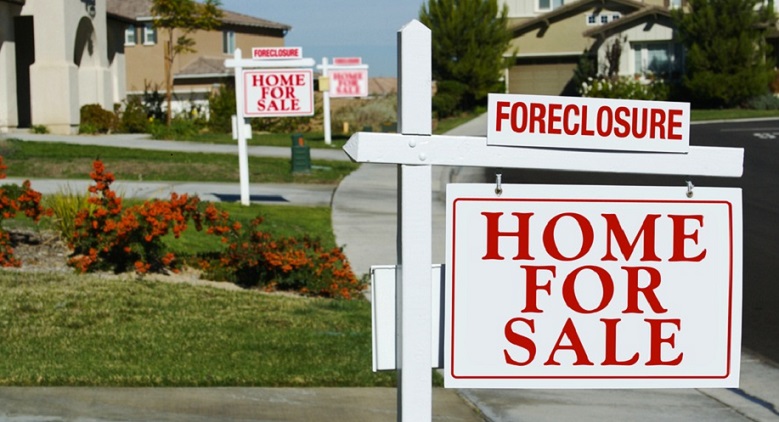
What is House Hacking?
House hacking is a great real estate investment strategy when owning multi-family rental properties. House hacking is when you live in one of the multiple units of your investment property as your primary residence, and have renters from the other units pay your mortgage and expenses. House hacking can also occur in single-family homes when the investor lives in the property, make improvements, and looks to resell within a couple of years. Renting out a bedroom, basement, or additional portion of your home can also be considered house hacking. This is a solid strategy for investors looking to do a quick fix-and-flip, or for investors looking to buy an owner-occupied multi-family property, such as a duplex, triplex or quadplex.
Why House Hack?
The basic principle of house hacking is that other people pay for your housing expenses, enabling you to focus your efforts on growing your real estate portfolio. Let’s explore some of the additional benefits:
1. Cash Flow
This is one of the main benefits of house hacking rental properties—the extra income accumulated each month after all expenses have been paid. You can use your cash flow either to pay down your mortgage or to invest in additional properties.
2. Financing
Investors like house hacking because it provides a means of financing a real estate deal. If you choose to finance through an FHA loan, you can get a property for just 3.5% down. In other words, if you buy a $300,000 duplex, you’ll only need to put down $10,500. Keep in mind that you will have to account for closing costs, but when looking to lock in a 30-year fixed-rate mortgage, an FHA loan can be a great option to get you started. Note there are several FHA loan pre-qualifications, including “owner occupancy” for 12 months. FHA loans also have limits depending on where you live. To see the loan limits in your area, visit FHA Mortgage Limits.
3. “Landlording”
With house hacking, many first-time home buyers and real estate investors can get valuable landlording experience with a relatively low amount of risk. This includes advertising your vacancy, tenant screening, tenant management, understanding rental agreements and contracts, dealing with unanticipated housing issues and repairs, negotiating with contractors, and bookkeeping.
4. Lenders Like Experience
If you’re looking for conventional financing in the future, traditional lending institutions—think small, medium, and large banks—like to see that you’ve successfully owned and managed rental properties in the past. Experience will improve your chances of eventually receiving larger loans.
5. Starting Point for New Real Estate Investors
Since you’ll be living in your property as your primary residence, all of the benefits of owner occupancy will be at your fingertips. House hacking is a great real estate investing strategy if you’re looking to take action immediately. Not only will you have a great pulse on your property, but you’ll also get a feel for everything it takes to expand your real estate portfolio down the line. After all, you won’t be able to occupy every real estate investment as a primary residence and get to learn through taking action
Conclusion
Not every deal is a smash success. Be careful and do your homework when researching, financing, and acquiring real estate investments. There are always bad deals out there, so make sure to spend the appropriate time and energy in taking the right steps. This will better your chances of achieving financial freedom and success.
About the Author:
 Dave LaPlante is a real estate savvy online marketer with a passion for areas that include real estate investing, sales & marketing, productivity, and self-improvement. Dave lives in San Francisco, CA and looks to connect with like-minded individuals. Fun fact, Dave reads a book every day.
Dave LaPlante is a real estate savvy online marketer with a passion for areas that include real estate investing, sales & marketing, productivity, and self-improvement. Dave lives in San Francisco, CA and looks to connect with like-minded individuals. Fun fact, Dave reads a book every day.

